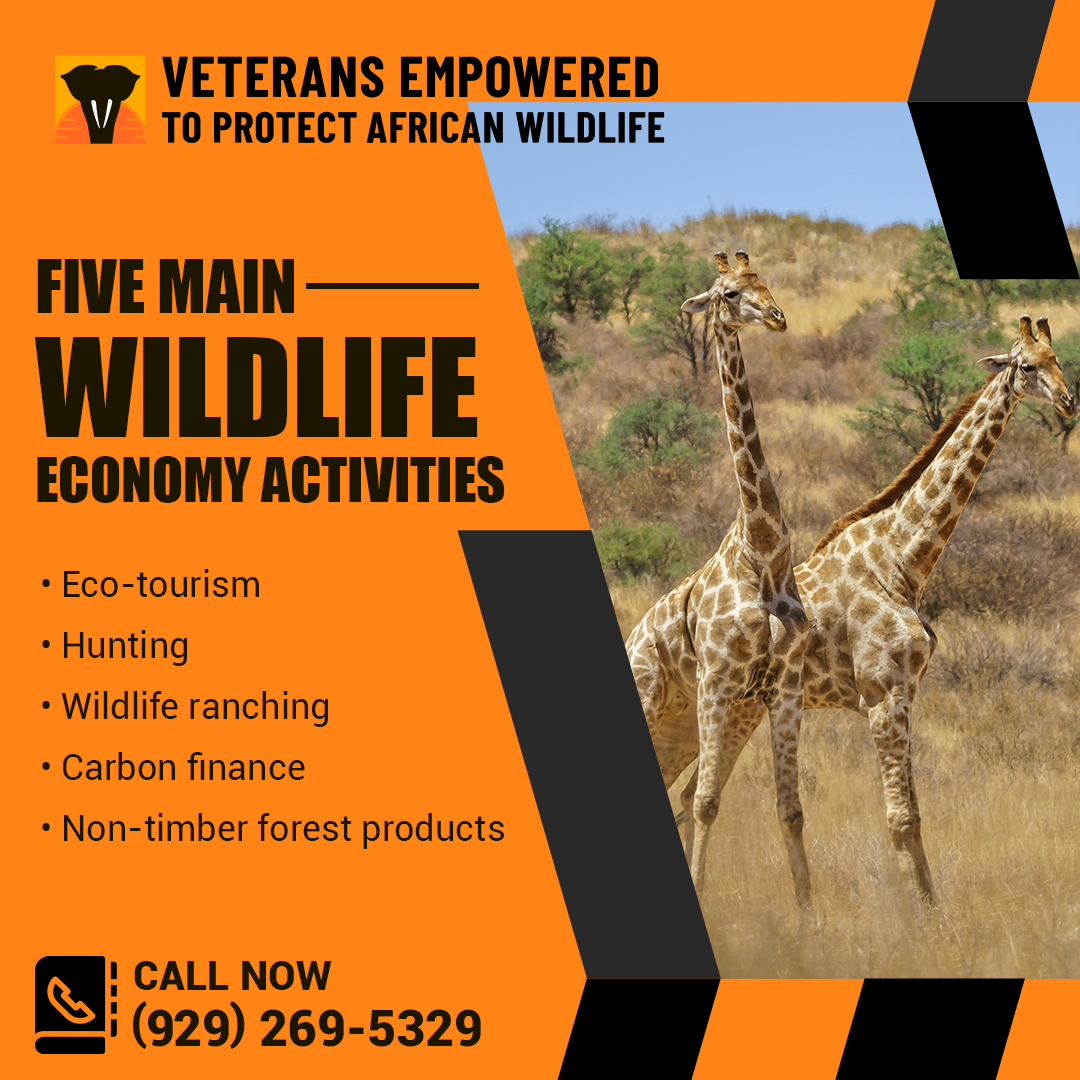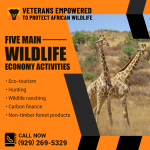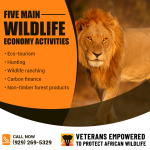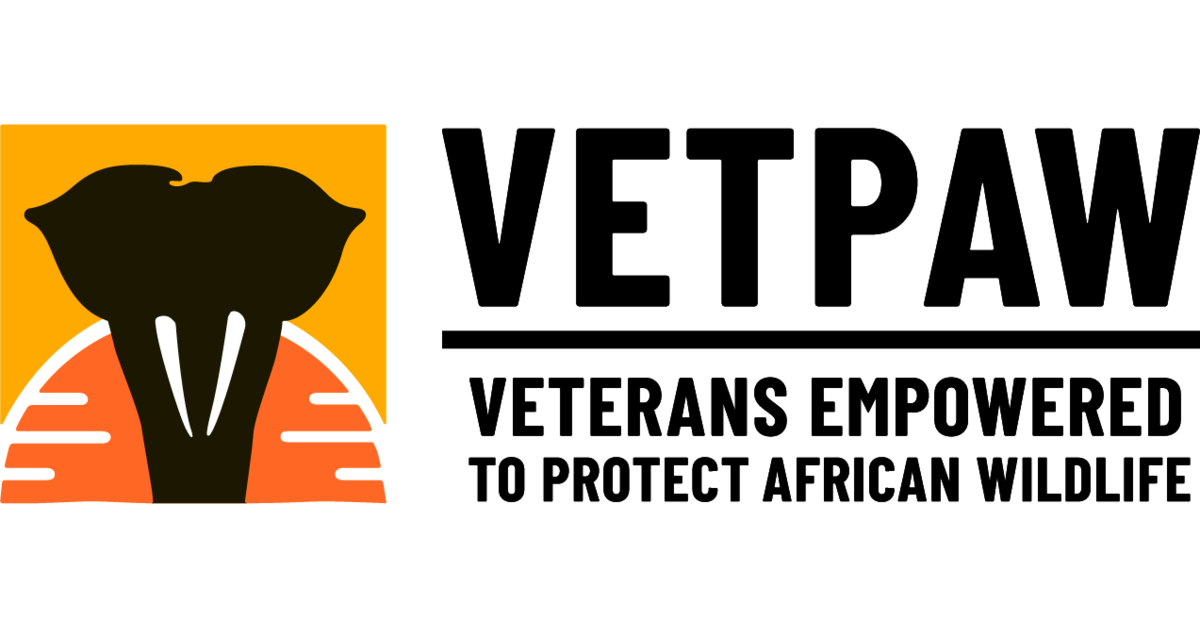Conservation and wildlife economies
Wildlife conservation and wildlife economies are intricately entangled with each other. VETPAW reviews the various aspects of wildlife economies and wildlife conservation, and how the two help each other thrive.
What is a wildlife economy?
The Wildlife Economy uses wildlife, plants, and animals (marine and terrestrial), as an economic asset to create value that aligns with conservation objectives and delivers sustainable growth and economic development.
A wildlife economy works only if it is sustainable for people and nature. Conservation efforts across the globe exist to control the currently unsustainable relationship humans have with nature. There are five main wildlife economy activities: eco-tourism, hunting, wildlife ranching, carbon finance, and non-timber forest products.
The total economic benefit of wildlife:
- Use values
- Direct values - Wildlife products that can be consumed directly, such as live sales, meat, hides, skins, and trophies; education, tourism, and research activities.
- Indirect values - The ecological and environmental services associated with wildlife and its habitat such as carbon sequestration, storm protection, climatic control.
- Option values - The premium placed on maintaining wildlife populations for possible future uses such as touristic, pharmaceutical, industrial, and agricultural applications.
- Non-use values
- Existence values - The intrinsic value of wildlife regardless of use, such as their cultural, aesthetic, and bequest significance.
Africa’s ecotourism - a wildlife economy
- Africa’s assets: Africa boasts of one of the most extraordinary and diverse wildlife resources in the world. With the largest mammal species, the second-largest rainforest in the world, and three of the most productive marine ecosystems on the planet, Africa’s wildlife is not only a magnet for wildlife lovers but also possesses massive economic value.
- Tourism facts: The continent is the second-fastest-growing tourism region in the world. Tourism accounts for about 8.5 percent of the continent’s entire GDP and roughly 24 million jobs.
- Conservation: Most of the African tourism industry — particularly nature tourism and ecotourism – is complemented by conservation and relies directly on wildlife and/or wildlands for survival. Unfortunately, the lack of sustainable consumption has skewed the balance between nature and humans and threatens wildlife and its economic value.
- Livelihoods: As one of the primary businesses built on Africa’s wildlands and wildlife, tourism creates jobs for local communities and precious contributions to regional economies.
African communities without tourism
Without tourism, the local communities will struggle to earn a livelihood and fund nourishment, housing, schooling, and other basic human needs, risking the health and the wellbeing of families. These communities understand both the intrinsic and financial value of wildlife and wildlands and are therefore precious stewards of Africa’s natural resources. A loss in tourism revenue will entail a lack of basic needs for communities, which could push the people towards unsustainable livelihoods — bushmeat hunting, extraction, deforestation, or poaching.
The advent of COVID-19 has been devastating to the tourism industry as a whole, with an expected loss of over 100 million tourism jobs. In Africa, the loss is much more.
Moreover, nature-based tourism has been even more severely impacted. The pandemic revealed how crucial wildlife-related economic activities are for the protection of wildlife. The lack of tourism has depleted the funding for conservation efforts, which in turn is threatening species and shaking the very foundation and source of ecotourism in Africa.
VETPAW - Veterans Empowered to Protect African Wildlife
Founded in 2013, VETPAW is a non-profit organization and a community of US war veterans dedicated to protecting African wildlife and training local African rangers in the war against poaching.
























